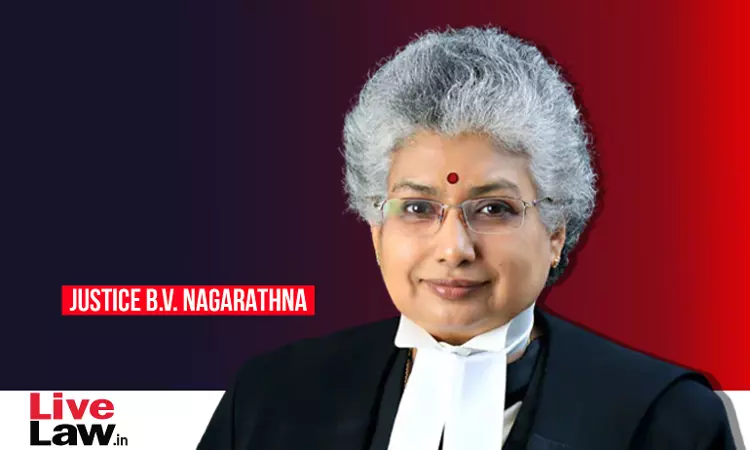Women Do Not Want to Be Put On A Pedestal, We Only Want Equal Treatment: Justice BV Nagarathna
Awstika Das
18 March 2023 10:36 AM IST

Next Story
18 March 2023 10:36 AM IST
What women want is not to be put on a pedestal in society, but equal treatment as their male counterparts, whether it is in the workplace, at home, or on the public street, said Justice BV Nagarathna, Supreme Court judge, who is line to become the first woman chief justice of the country. She said: “I remembered when I was moving a matter on March 8 in one of the years when I...
